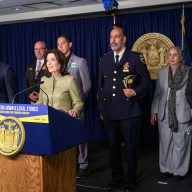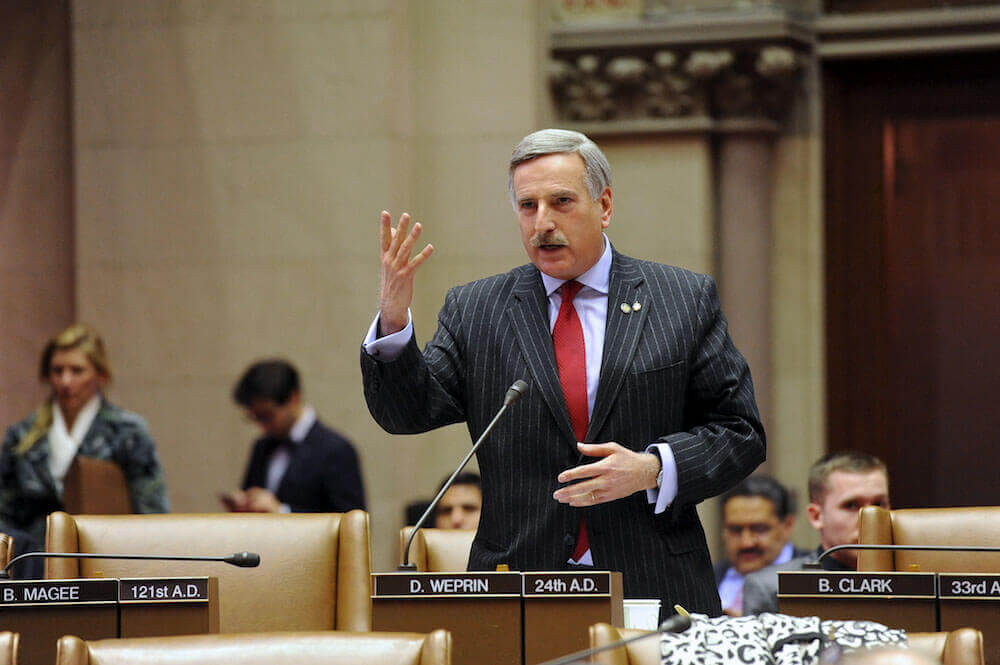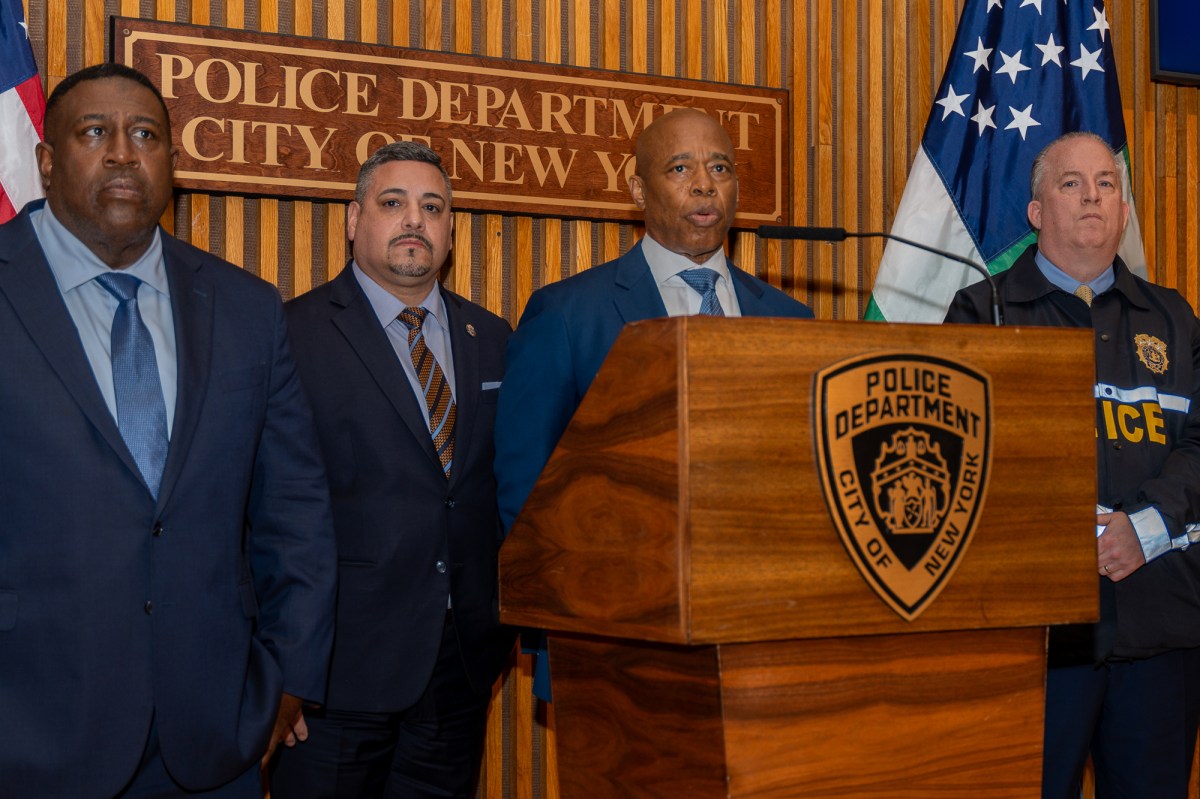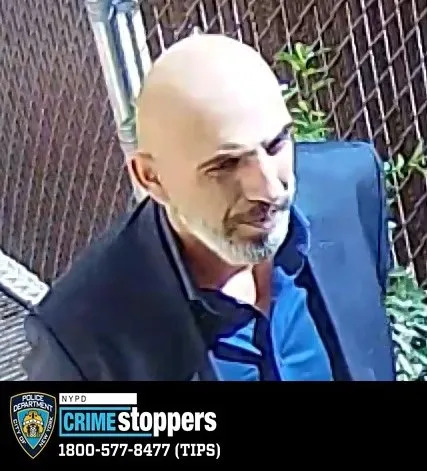The White House and the Mets organization have given the nation a course on how to inflame a sensitive situation
President Barack Obama placed his foot in his mouth when he commented on a racially charged incident in Cambridge, Mass. Cambridge Police Sgt. James Crowley, who is white, arrested Henry Louis Gates Jr., a black Harvard professor, after a neighbor reported someone may have broken into Gates’ home.
The following day, when asked about the incident at a news conference in Washington, the president acknowledged he did not know all the facts about the arrest but said the police “acted stupidly.” In the face of a national uproar, the president conceded that he said he should have “calibrated” his words differently and did not mean the officer acted “stupidly.”
Back here in Queens, Mets General Manager Omar Minaya also made a blunder. At a news conference called to announce the firing of Tony Bernazard, vice president for player operations, Minaya singled out a Daily News reporter whose stories led to the firing. He implied that the reporter wrote the stories because he wanted a job in player development with the Mets.
The reporter, his colleagues and Mets fans were shocked. It was a tough day for Minaya: Bernazard is a friend and firing him had to be difficult.
But his criticism was foolish. What sense would it make for a reporter who covers the Mets every day to try to get a job with the Mets by attacking a Mets executive? The accuracy of the stories was not challenged.
Like Obama, Minaya also backtracked. At a hastily called second press conference, he said he should have made his comments in a “different venue.” But he did not take back the attack on the reporter’s character.
Public figures often say things they quickly regret. These lapses give us an insight into their true feelings, but the ripple effects can trigger an enormous controversy that far overshadows the original incident. Are we asking too much of our public officials to hold it all in? Perhaps.

































